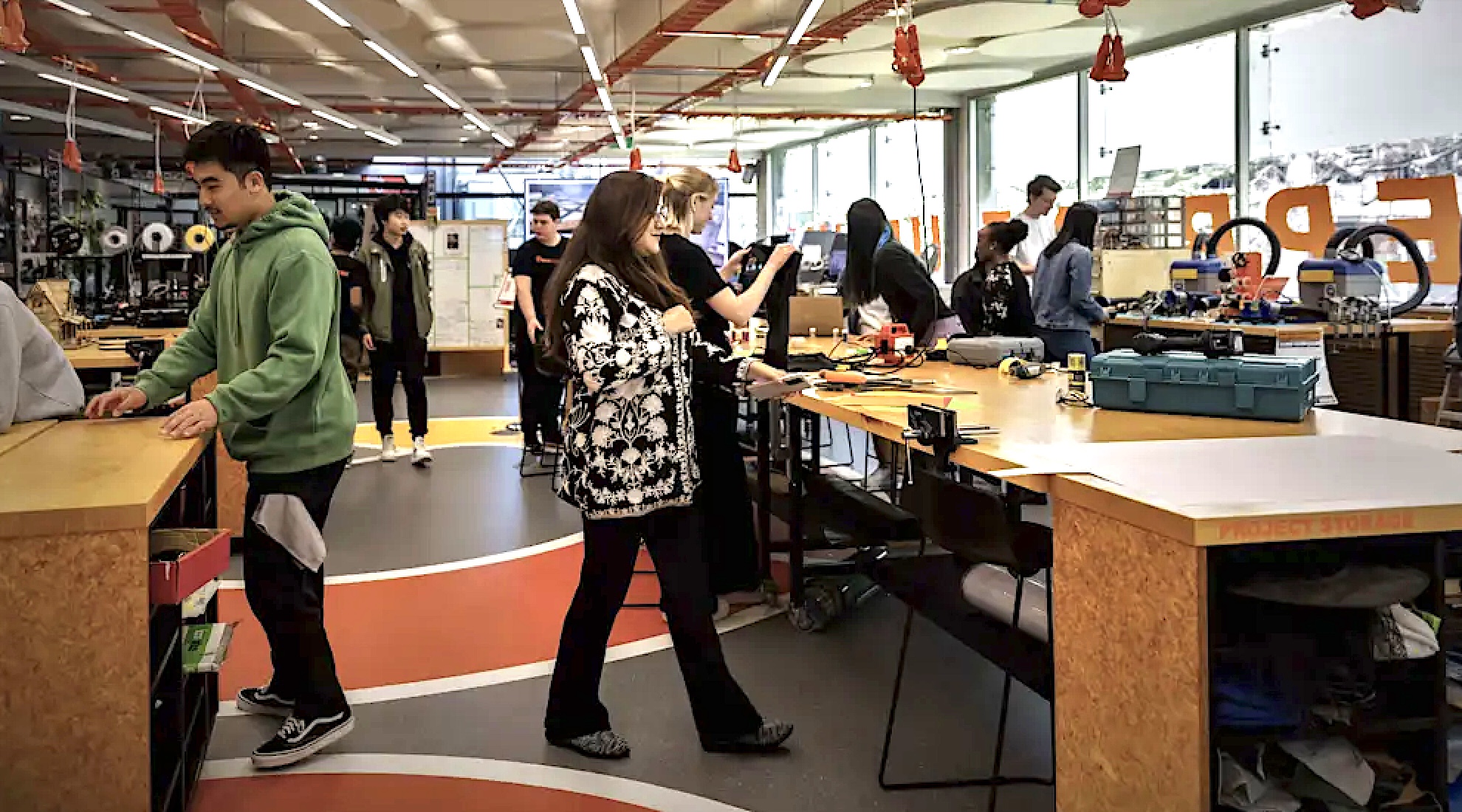Science
New Zealand’s Research Potential Hindered by Capability Gaps

New Zealand’s ability to build a high-value economy is increasingly constrained by gaps in capability that hinder the translation of research into commercially viable businesses. A recent report on commercialisation outcomes highlights the importance of aligning research, entrepreneurship, and professional expertise to drive economic growth.
The Survey of Commercialisation Outcomes from Public Research, released by Knowledge Commercialisation Australasia, provides a comprehensive overview of how publicly funded research translates into economic and social benefits across Australia and New Zealand. The 2024 report covers 76 organisations and reveals that the University of Auckland and its commercialisation company, UniServices, led the region with equity in 45 active spinout companies. This marks the third consecutive year that Auckland has topped this metric.
Among these ventures are notable deep-tech and health innovators such as Alimetry, Avasa, Zenno Astronautics, Kitea Health, and StretchSense. These companies have attracted international investment, formed global partnerships, and are exporting technology developed in New Zealand. Collectively, they employ hundreds of skilled workers and contribute significantly to the economy, embodying the type of growth New Zealand requires: science-driven enterprises that can scale globally while minimizing environmental impact.
This success is not coincidental. It reflects a system purposefully designed to translate research into impactful outcomes by cultivating talent, aligning incentives, and committing to long-term investment strategies. As the academic director of the university’s Centre for Innovation and Entrepreneurship, I witness this systematic approach daily. UniServices manages the commercialisation process, protecting intellectual property, structuring deals, raising investment, and assisting new companies through their early stages. The Centre emphasizes the human aspect: developing founder capabilities and instructing students and researchers on how to test ideas, comprehend markets, and build sustainable ventures.
The importance of capability was further underscored by the Science System Advisory Group in its report titled A Pathway to the Future: New Zealand’s Science and Innovation System. The group identified the “IP-to-IPO” (intellectual property to initial public offering) as a critical weakness in New Zealand’s innovation landscape. It concluded that innovation policy must prioritize people as much as financial resources. To cultivate a high-value economy, New Zealand needs more researchers who are market-savvy and entrepreneurs who possess scientific understanding.
The survey data supports this assertion, revealing that the number of commercialisation professionals in Australasia has increased at a rate significantly faster than research expenditure. This investment in human capital is yielding positive results: a rise in spinouts, deeper industry partnerships, and increasingly sophisticated deal structures. While licensing revenue may vary annually, the total number of active ventures continues to grow. This evolution demonstrates a maturing innovation system focused on sustainable capability rather than fleeting victories.
University-originated ventures in areas such as biotech, artificial intelligence, and advanced manufacturing are among the most productive businesses in the economy. They often generate several times the value-added per employee compared to traditional small and medium-sized enterprises. These ventures diversify the export base, retain scientific talent, and anchor knowledge-intensive clusters. For investors, robust capability reduces risk. When they observe sound governance, clear intellectual property ownership, and credible founders, they are more inclined to invest.
Despite this, the national innovation discourse often centers around funding issues. Debates about grant levels, research and development tax credits, and venture capital availability can overshadow the more pressing issue of capability. Without skilled individuals to convert ideas into tangible opportunities, increased funding merely results in a backlog of under-commercialised research. With the right capabilities in place, capital can become a powerful catalyst for innovation.
At the Centre for Innovation and Entrepreneurship, our focus is on scaling that capability. Each year, thousands of students and researchers participate in our programs, learning to navigate uncertainty, lead teams, and transform insights into viable ventures. We ensure that these founders have clear pathways toward start-ups, licenses, or strategic partnerships. This combination of entrepreneurial education and professional commercialisation is vital for enhancing New Zealand’s reputation as a credible source of investable innovation.
Universities and public research organisations must bolster their commercialisation capabilities by investing more in developing individuals who can bridge the gap between science and business. Partnerships with industry are essential for delivering tangible economic returns. Research impact is not an enigma to be deciphered; it is a system that can be scaled effectively.
New Zealand frequently claims to excel beyond its size, and the progress in research commercialisation supports this assertion. The results from the University of Auckland exemplify the potential achievable when capability is treated as a foundational element rather than an afterthought. The coming decade will belong to economies that can swiftly, reliably, and efficiently convert knowledge into value. In this landscape, capital will invariably follow capability.
-

 World3 months ago
World3 months agoTest Your Knowledge: Take the Herald’s Afternoon Quiz Today
-

 Sports3 months ago
Sports3 months agoPM Faces Backlash from Fans During Netball Trophy Ceremony
-

 Lifestyle3 months ago
Lifestyle3 months agoDunedin Designers Win Top Award at Hokonui Fashion Event
-

 Sports3 months ago
Sports3 months agoLiam Lawson Launches New Era for Racing Bulls with Strong Start
-

 Lifestyle3 months ago
Lifestyle3 months agoDisney Fan Reveals Dress Code Tips for Park Visitors
-

 Health3 months ago
Health3 months agoWalking Faster Offers Major Health Benefits for Older Adults
-

 World3 months ago
World3 months agoCoalition Forms to Preserve Māori Wards in Hawke’s Bay
-

 Politics3 months ago
Politics3 months agoScots Rally with Humor and Music to Protest Trump’s Visit
-

 Top Stories3 months ago
Top Stories3 months agoUK and India Finalize Trade Deal to Boost Economic Ties
-

 Entertainment3 months ago
Entertainment3 months agoExperience the Excitement of ‘Chief of War’ in Oʻahu
-

 World3 months ago
World3 months agoHuntly Begins Water Pipe Flushing to Resolve Brown Water Issue
-

 Science3 months ago
Science3 months agoNew Interactive Map Reveals Wairarapa Valley’s Geological Secrets









